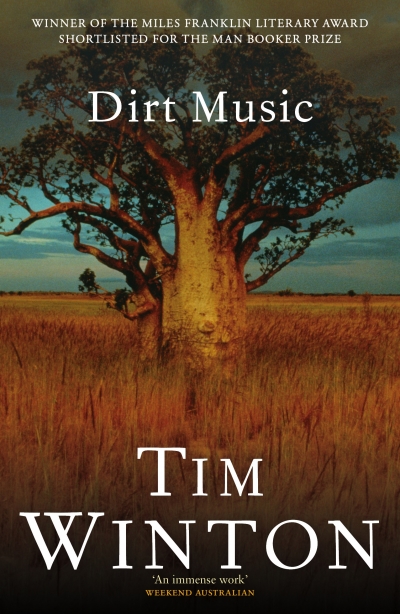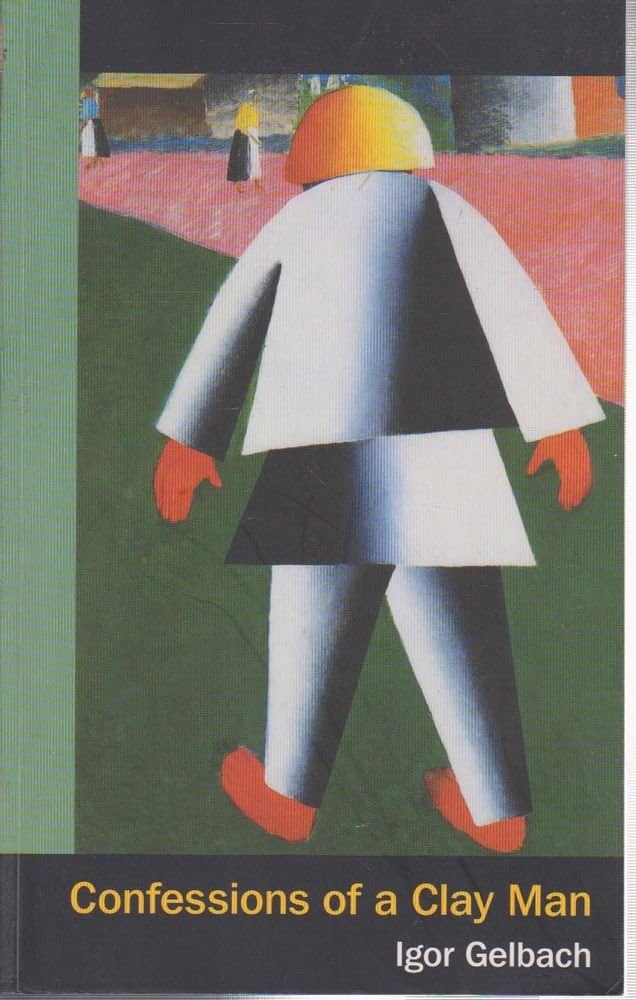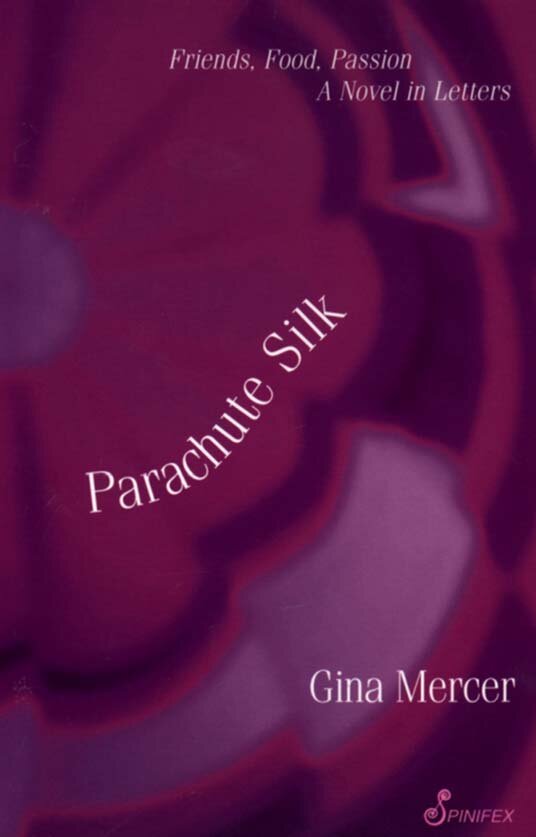Fiction
Talk about unlikely associations. My first response to the opening chapter of Tim Winton’s latest novel was how its sense of a life at a standstill, awaiting some new impulse, reminded me of Jane Austen’s Emma. Winton’s protagonist, Georgie Jutland, with a string of unsatisfactory relationships behind her ...
... (read more)This is the tale of a quest driven by an obsession. At its heart are the Krakouers, an Australian family of five generations. The author is a descendant of the first Krakouers to settle in Western Australia. Terri-Ann White’s project is to record the gaps and silences, to piece together fragments, and ‘rescue’ family members ‘from obscurity’.
... (read more)Tom Gilling’s first novel, The Sooterkin, was an engaging and self-conscious oddity. Set in early nineteenth-century Tasmania, it had at its centre the striking conceit of the Sooterkin itself, a child born to a former convict and who is, to all intents and purposes, a seal. The Sooterkin was a critical success, inviting comparison to Peter Carey for its Dickensian energy and its playful engagement with the slippery rudiments of the Australian imagination.
... (read more)‘I felts as if I had fallen into hell,’ reflects the Keeper of the President’s Clarinet of his visit to the city of Baha. The statement is almost redundant. The sun cannot penetrate the toxic pollution of this city; he has just passed a group of children betting on the imminent death of a fly-infested man; and he is there to kidnap an hermaphrodite child-prostitute. However, his words could be voiced by most inhabitants of the fictional land of Abaza; this novel is filled with such baroque, nightmare imagery.
... (read more)The Russian theorist Yuri Lotman said: ‘Plot is a way of understanding the world.’ On this basis, texts with plots – novels, for example – do more for us than texts without plots. The telephone book, for example, a plotless text par excellence, may promote aspects of communication, but adds little to our attempt to make sense of life. However, Igor Gelbach, a Georgian Russian now living in Melbourne, has challenged this concept with his thought-provoking but virtually plotless novel, Confessions of a Clay Man, which may be narrative in shape but is highly poetic in procedure. At first reading, it is rather mystifying, the story so fabulised that you tend to lose it and concentrate on the word-pictures, which manage to make a completely unknown place hauntingly evocative, as though you had once dreamed about it. Like Goethe’s ‘Land wo die Zitronen blühn’, we can’t know it, but we feel as though we do. Gelbach’s seaside town resonates with a similar, impossible familiarity.
... (read more)There is little doubt that few people write letters anymore. Nowadays, personal communication is conducted via e-mails and mobile phone messages, much to the dismay of manuscript collectors and researchers. So, it is surprising to come across what the publishers describe as ‘a novel in letters’, Parachute Silk, by Gina Mercer.
... (read more)When you think about it, public swimming pools are strange places. Semi-naked bodies saunter about, while others battle against gravity in speed-designated lanes. Perhaps it is no surprise that these sites of aqua profonda dominate recent fiction. Whether the pools are in Paris or Fitzroy, they act as metaphors for the human condition.
... (read more)The Art of the Engine Driver by Stephen Carroll & Summerland: A Novel by Malcolm Knox
If history is a graveyard of dead aristocracies, the novel is their eulogy. It is now, for instance, a critical commonplace to explain the young Proust’s entry into the closed world of France’s nobility as an occurrence made possible by its dissolution. Close to death, holding only vestigial power, the fag ends of the ancien régime lost the will or ...
... (read more)Gould’s Book of Fish: A novel in twelve fish by Richard Flanagan
American English, with its vigorous ability to get to the core of things, has an implacably visual word for the kind of person this novel is about – the ‘shut-in’. A shut-in is a recluse, perhaps a cinéaste or stay-at-home opera queen. He (I use my pronouns advisedly – the shut-in is usually a ‘he’) has a rich, century-long genealogy in books and on-screen, from Huysmans’s Des Esseintes and Wilde’s Dorian Gray to Sunset Boulevard’s Nora Desmond and Chatwin’s Utz. Alfred Hitchcock specialised in shut-ins; in Australian cinema, Norman Kaye played a lonely voyeur in Man of Flowers. The shut-in has also given birth to a critical tradition of his own. Some critics like Walter Benjamin have suggested that the habit of collecting may be a response to the twentieth century itself, a kind of specialised aesthetic reflex against consumer culture. Because he is associated with brittleness and the arts, the shut-in is frequently depicted as gay or as a sexual neurasthenic: in his wonderful book The Queen’s Throat, Wayne Koestenbaum has made a bravura anatomisation of the coded campness of the shut-in opera fan.
... (read more)








